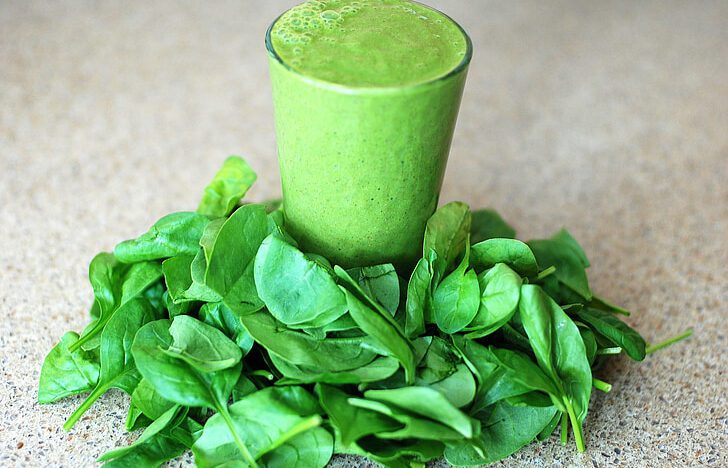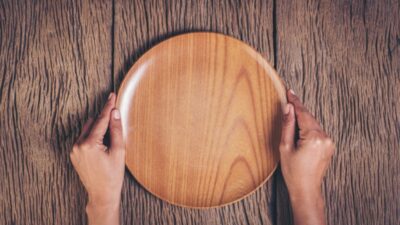The clear liquids diet is a short-term eating plan that consists of easily digestible, transparent liquids. It is often recommended before medical procedures such as colonoscopies or surgeries and for individuals recovering from digestive issues. This diet provides essential hydration, electrolytes, and minimal calories while allowing the digestive system to rest. Understanding what the diet entails, its benefits, and how to follow it safely is crucial for success.
What Is the Clear Liquids Diet?
A clear liquids diet includes fluids that are free from solid particles and residue. The primary goal is to keep the stomach and intestines clear while still providing some nourishment. Since it lacks substantial nutrients, it should only be followed for a short period, typically one to three days, unless otherwise advised by a doctor.
Benefits of the Clear Liquids Diet
The diet serves various medical and therapeutic purposes, including:
- Pre-Surgical Preparation – Doctors often recommend it before surgeries to ensure the stomach is empty and reduce complications.
- Digestive Rest – It helps alleviate gastrointestinal distress from conditions like gastritis, diverticulitis, and irritable bowel syndrome (IBS).
- Post-Surgery Recovery – Patients recovering from surgeries involving the digestive tract may transition from clear liquids to solid foods.
- Hydration & Electrolyte Balance – Fluids like broth, electrolyte drinks, and water prevent dehydration.
Foods Allowed on the Clear Liquids Diet
To ensure proper adherence, here is a comprehensive list of allowed foods:
- Water – Plain, flavored, or infused with lemon
- Clear broths – Chicken, beef, or vegetable (without solids)
- Fruit juices – Apple, white grape, and cranberry (without pulp)
- Gelatin – Plain or flavored but without any fruit pieces
- Popsicles – Made from clear juice without dairy
- Tea & Coffee – Without milk or creamer, sugar is allowed
- Electrolyte Drinks – Such as Gatorade or Pedialyte
- Carbonated Beverages – Such as ginger ale or club soda
- Honey & Sugar – As sweeteners for tea or broth
Avoid any foods that contain pulp, dairy, or solid ingredients, as they may compromise the diet’s effectiveness.
Who Should Follow the Clear Liquids Diet?
A clear liquids diet is not meant for long-term use. It is typically recommended for:
- Individuals undergoing medical procedures, including colonoscopies and surgeries
- People experiencing nausea, vomiting, or diarrhea
- Patients transitioning from a full liquid or solid food diet after surgery
- Those managing acute digestive disorders under medical supervision
Risks and Precautions
While the clear liquids diet is safe for short-term use, prolonged adherence can lead to nutritional deficiencies. Consider the following precautions:
- Caloric Deficiency – Since the diet is low in calories, prolonged use may cause weakness or fatigue.
- Lack of Protein & Fiber – The absence of solid foods can lead to muscle loss and digestive sluggishness.
- Blood Sugar Fluctuations – Diabetic individuals should consult a doctor before following this diet to prevent hypoglycemia.
If you experience dizziness, extreme hunger, or persistent weakness, consult your doctor immediately.
Tips for Following the Clear Liquids Diet
- Stay Hydrated – Drink plenty of fluids throughout the day to maintain hydration.
- Choose Nutrient-Dense Options – Opt for broths and electrolyte drinks to replenish lost minerals.
- Follow Medical Guidelines – Stick to the recommended duration to avoid nutritional deficiencies.
- Monitor Your Body’s Response – If you feel weak or unwell, seek medical advice.
Transitioning Back to Solid Foods
After completing the clear liquids diet, gradually reintroduce solid foods to prevent digestive shock. Follow this sequence:
- Start with full liquid diet options such as milk, smoothies, or yogurt.
- Introduce soft foods like mashed potatoes, scrambled eggs, or oatmeal.
- Gradually return to a regular diet, incorporating proteins, vegetables, and whole grains.
Conclusion
The clear liquids diet is an essential short-term dietary approach used for medical and digestive health reasons. While it provides necessary hydration and electrolytes, it lacks essential nutrients for long-term health. Always consult a healthcare provider before starting or extending the diet beyond the recommended timeframe.
For more details on dietary guidelines, visit trusted sources like the Mayo Clinic or Cleveland Clinic.




